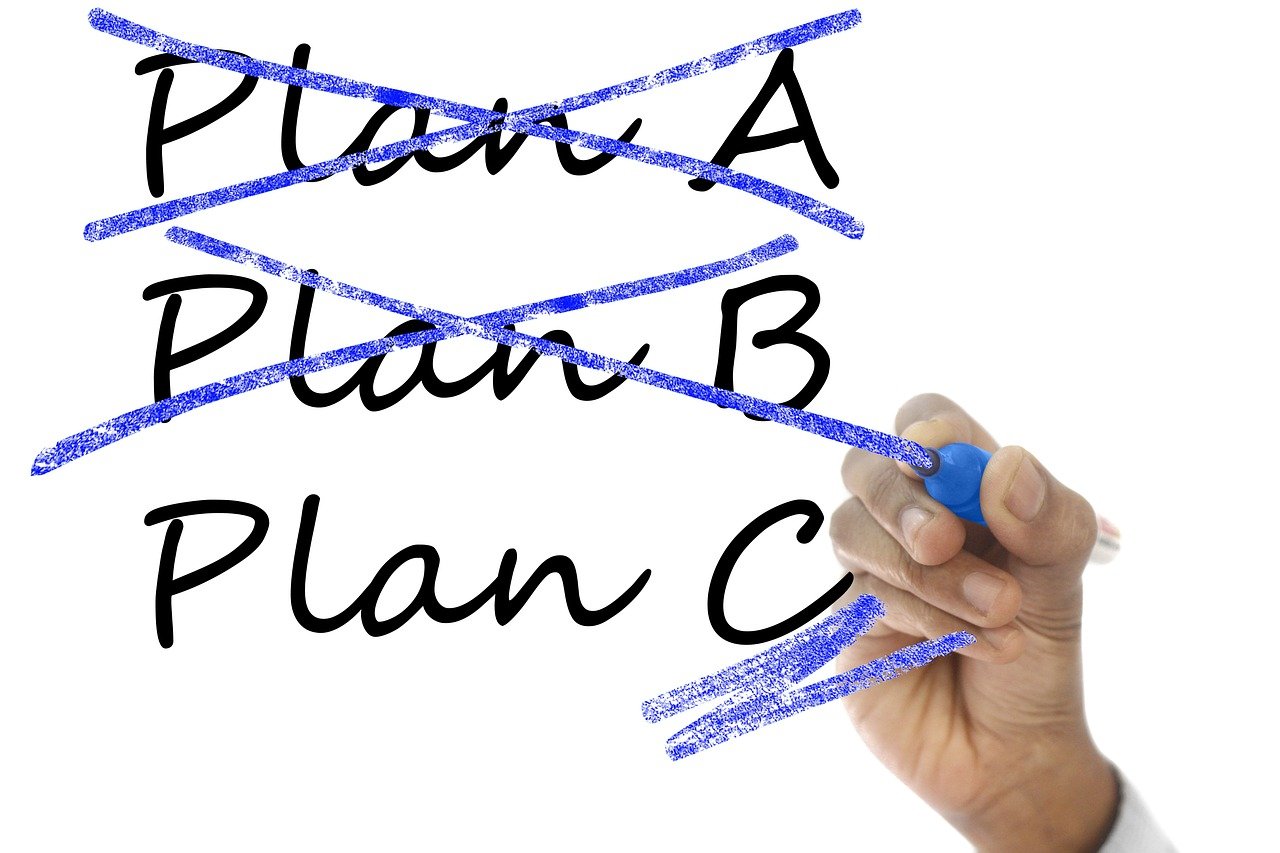
Author: Asuman Bisiika. PHOTO/FILE
Gen Paul Kagame was sworn in this week to begin a possible 10-year tenancy at Village Urugwiro (State House). That means we may still have Mr Kagame as president of Rwanda up to 2034.
As for Mr Museveni, he has life eligibility. That means he is eligible to be President of Uganda until he dies.
Yet in spite of all else, almost all Ugandans want change. I think even Mr Museveni also wants change.
The only aspect in which Ugandans (in their quest for change) differ with Mr Museveni is: whereas Ugandans need a change of President, Mr Museveni looks like he wants a smooth transition process where he still controls the levers and mechanics.
My fear though is that 40 years of monotony can tempt some to call for any change. Whereas I appreciate those who say they want any change, I am very shy to manifest and express such understanding. In short, I don’t support that any change position.
And talking of any change..., we have (and been reminded of) different regime changes in the last decade. We have regime changes that were brought in by the so-called Arab Spring, Iraq War and more recently (and closer home) the change in Zimbabwe.
Most Ugandans talking about the above regime change scenarios seem to limit their views and reviews to the demise of the leaders in those countries; they deliberately forget what became of those countries after the demise of the said leaders.
I am in the corner of those who seek change. I only differ with those calling for whatever process that leads to that change. I personally would not wish a Libya unto Uganda (even with my call and need for change).
I am very convinced that a revolution on the street would lead to unmitigated deaths; and I am not going to associate myself with this kind of process.
There are other Ugandans promoting the call for change as a generational dichotomy. The young people (between 18 years and 45 years) look at the need for change as their generational call and will most likely not listen to any moderation from older people like me (between 55 years and 80 years ). Although we need change, such a change should accommodate all Ugandans (young and old).
That is why I think Mr Museveni still has an important role to play in the transition or the change Ugandans want.
Mr Museveni has been (and still is) an important player in the change Ugandans want.
If we choose the street, Museveni will claim the right to defend his regime against disturbers. And need I say, either way if Mr Museveni responds to the street, it will lead to deaths. I have witnessed so many deaths that I don’t want to see more.
Whether the street is eventually victorious, the cost will not be worth anything for Uganda. And whether Mr Museveni successfully defends his regime against the street, the cost in human life, economy and property will not be worth anything for the country. Either way, whether young people choose the electoral or the street path, Mr Museveni will be a protagonist.
Ugandans seem to be stuck with only two options to bring change: 1) elections and 2) Plan B , alias street protests, leading to regime change). As one of the peace-loving Ugandans, I offer a third option: national dialogue to manage the change Ugandans want.
As an incumbent, Mr Museveni is and remains at the centre of the change Ugandans want. And if the so-called Plan B is triggered into action, it will still be Mr Museveni on other side defending his regime.
Asuman Bisiika is the executive editor of the East African Flagpost. [email protected]






